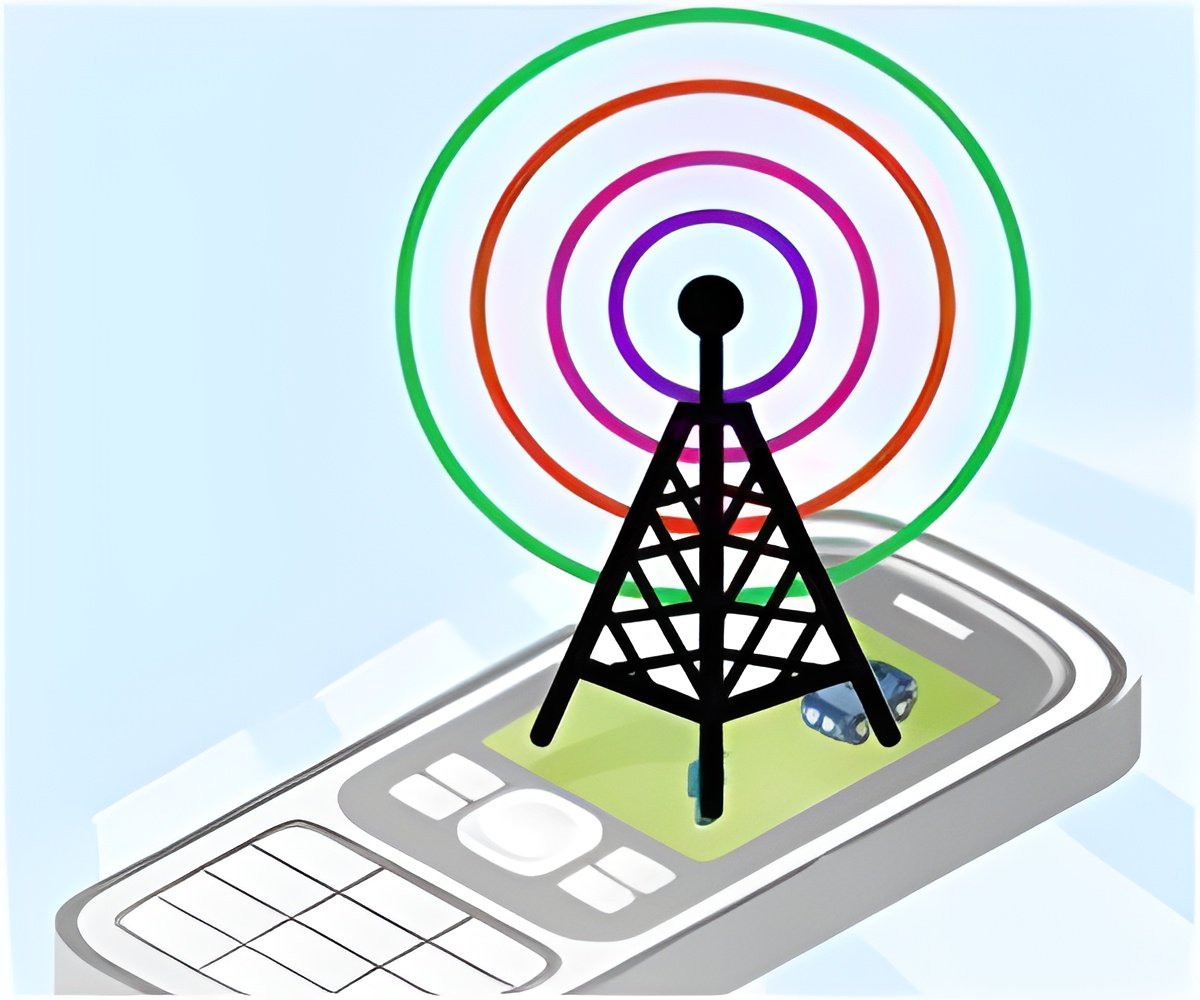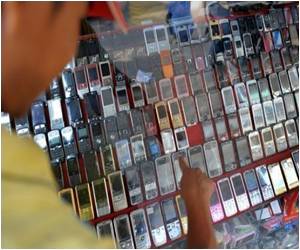Indian origin American oncologist Dr Siddhartha Mukherjee has said that electromagnetic field radiation from mobile towers and cellphones do not cause cancer.

“WHO must downgrade the risk of cellphone radiation as a possible carcinogen. However, that does not mean studies should not be carried on but as of now evidence does not exist pending further investigation,” he said.
Mukherjee won Pulitzer prize for his book ‘The Emperor of All Maladies: A Biography of Cancer’ in 2010. Mukherjee was in India to receive Padma Shri award.
He said that studies have largely proved a negative relation between tower radiation and cancer. Fear looms large among people regarding radiations from mobile towers leading to cancer and other health problems.
In India, mobile tower radiation norms have been set at one-tenth of the level that is found in other countries. The India government has set certain norms for tower and mobile radiation, According to them, the specific absorption rate (SAR), a measure of radiation, on mobile phones sold in India should not exceed 1.6 watt/kg averaged over a mass of 1 gram of human tissue.
Source-Medindia
 MEDINDIA
MEDINDIA




 Email
Email








